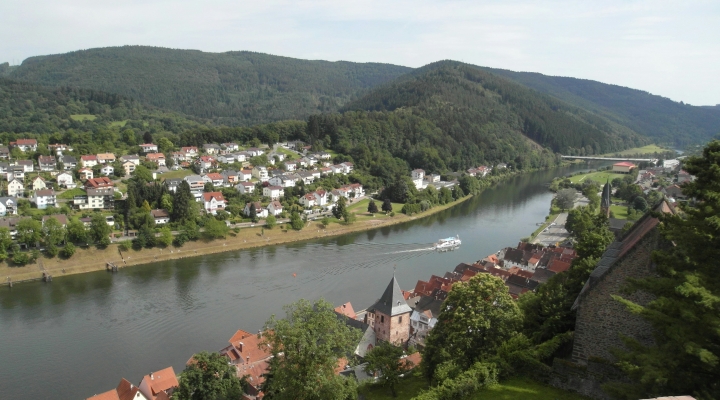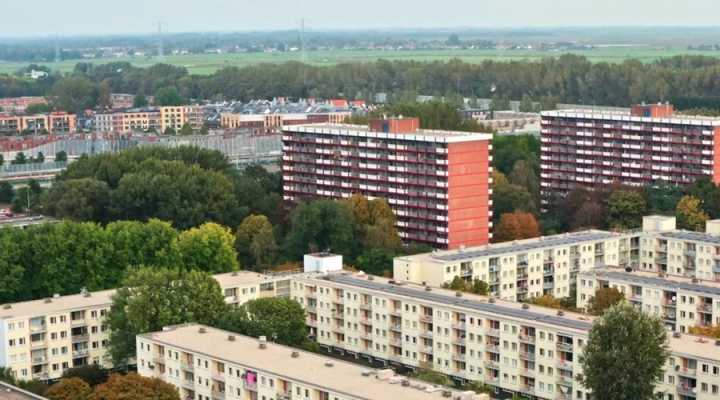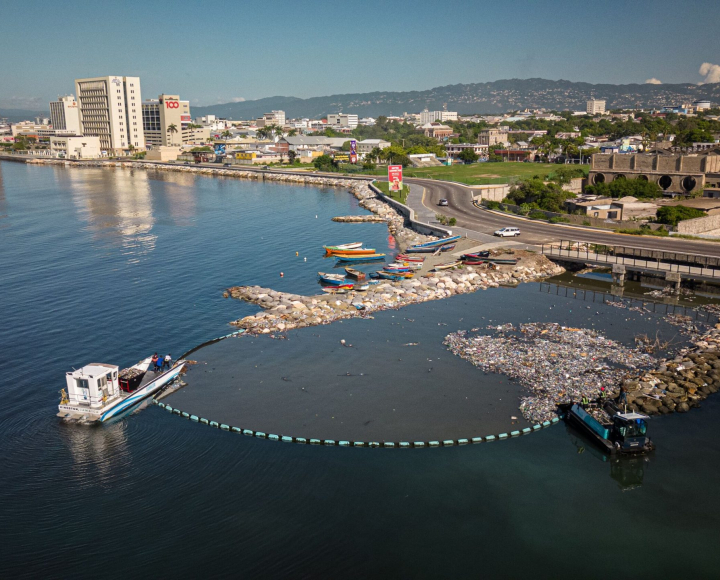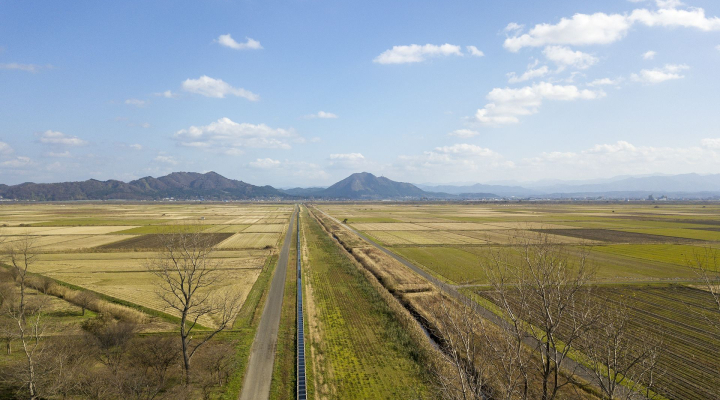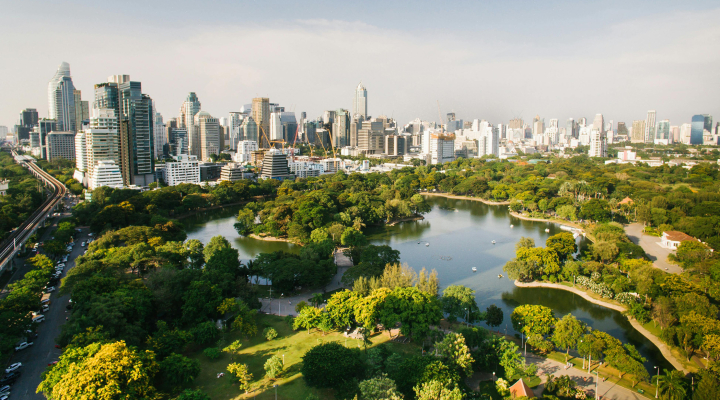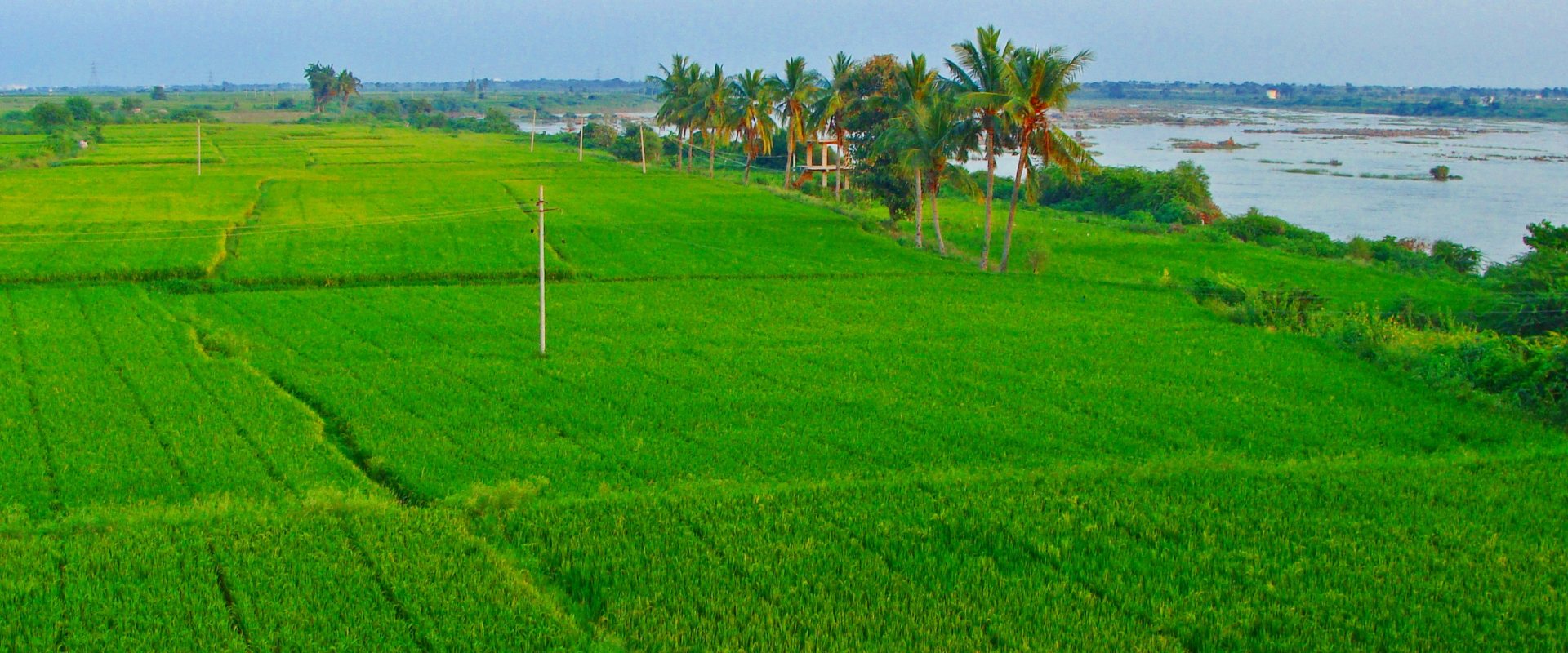
Improvement of water quality in the Hindon river basin
The Indian Department of Science and Technology (DST) and the Dutch Research Council (NWO) have granted three joint research projects about sustainable agricultural water management in the Hindon basin.
The three projects focus on the improvement of water quality, use and management in the Hindon basin.
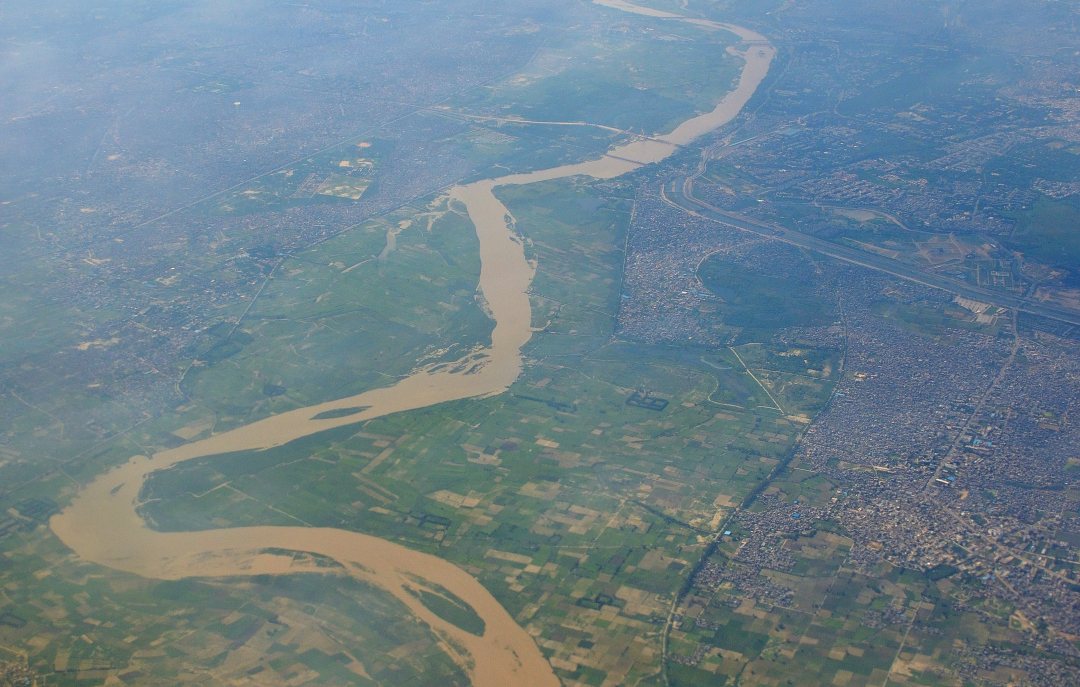

National clean Ganges programme
The Hindon river is a 400 km tributary to the Ganges river, close to New Delhi and is part of the effort of the Indian government to make the Ganges river cleaner. In 2016, the Indian government launched ‘Namami Ganga’, the National Mission Clean Ganga (NMCG), to ensure effective abatement of pollution and rejuvenation of the bassin’s ecosystem.
The Dutch government together with the Dutch water sector, have adhered to the Indian challenge and committed to joint initiatives to find ways to contribute to a cleaner Ganges.
The Dutch-Indian cooperation has a specific focus on the Hindon river and builds on existing cooperation in the basin. In 2018 the Dutch government and the government of Uttar Pradesh signed an extensive partnership declaration to establish waste water treatment facilities along the Hindon river.
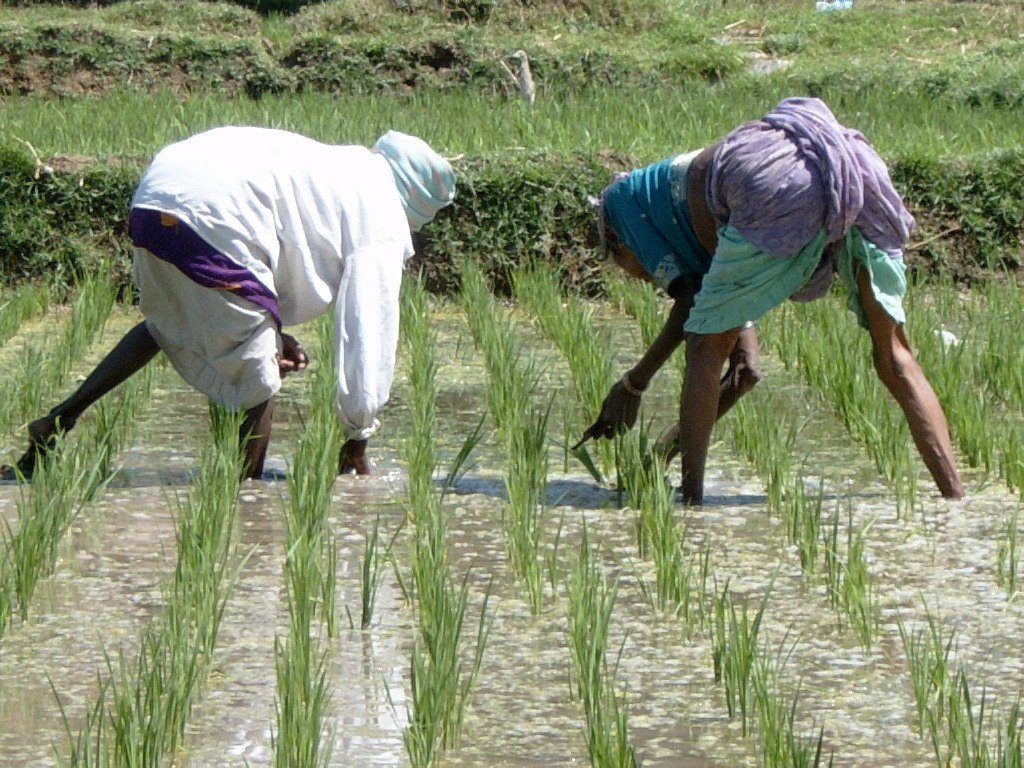

Joint scientific research
NWO and DST have agreed on a strategic knowledge and innovation agenda, and work together to further strengthen the joint alignment with national research agendas, as well as international initiatives such as the UN Sustainable Development Goals.
The scientific cooperation also aims to involve different actors in the knowledge chain, fundamental and applied research, and scientific disciplines.
The three research projects that have been granted:
- The setup of a monitoring network to measure and analyse the spatio-temporal relations between surface water and groundwater quantity and quality, and the impact of human activities and climate characteristics.
- A study on interventions to improve agricultural water management and reduce negative impacts on water quantity and quality. These results will be compared with alternative more sustainable practices and evaluated in terms of yield, crop-diversity, economic revenue, irrigation water demand, environmental impact and resilience to climate change.
- The delivery of recommendations for improvements in Hindon basin water quantity and quality, food production and economic revenues in a comprehensive modelling platform, enabling evaluation and incorporates the impact of future socio-economy and climate changes.
Sustainable agriculture
NWO and DST also agreed on three projects for a wider joint research on sustainable agriculture. The first project focuses on the development of improved water-productive rice varieties. A second project aims to adapt tomato germplasm to allow crop growth for dry and humid heat.
The third project will identify and map bright spots of climate-smart agriculture to generate recommendations for action towards the transformation to climate-smart agriculture.




